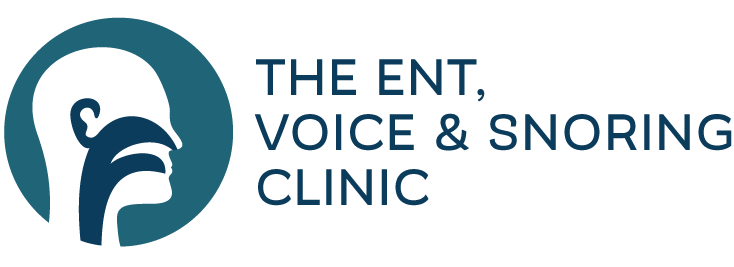What are the diagnostic and practical value of actiwatches compared to commercial devices, sleep diaries and polysomnography?

Introduction Sleep is a key component of health and the accurate measure of sleep and wake states has been the subject of many scientific studies. There are many ways to measure sleep, including subjective and objective tests. Currently, polysomnography is the objective standard by which all other sleep studies are judged against. In recent years, […]
What is the evidence for the efficacy of treatments for idiopathic hypersomnia and their proposed mechanism of action?

Introduction: Idiopathic hypersomnia (IH) is a poorly understood neurological disorder that was only recently described in 1976 by Roth et al (1). The symptoms of excessive daytime sleepiness, prolonged nocturnal sleep or daytime naps, difficulty waking with cognitive impairment can frequently overlap with symptoms of other causes of hypersomnia such as sleep deprivation, narcolepsy type […]
Is there evidence that circadian rhythm disruption has a role in psychiatric disorders?

Introduction The link between sleep and psychiatric disorders has been long observed. In the 1980s, Wehr et al published his findings of circadian rhythm disturbances in manic-depressive illness (1). In the 1970s, Wirz-Justice at al reported the association of sleep deprivation in endogenous depression (2). Almost all psychiatric illnesses have circadian abnormalities with respect to […]
What are the contemporary explanations for the discrepancy between objective and subjective sleep in insomnia?

Introduction Insomnia is a common complaint that affects a large proportion of the population at any one time, However, the diagnosis of insomnia as a chronic sleep disorder is also prevalent. Ohayon in 2002 estimated that based on the DSM-IV classification, the prevalence of diagnosed insomnia is 6% (1). The prevalence figures are higher in […]
Delaying the school start time will only result in adolescents staying up later and worsening the developmental delay. Is this true?

As we progress from childhood into adolescence, changes occur in sleep regulation. Firstly, delayed patterns of melatonin secretions lead to a delay in the timing of circadian rhythms of sleep. This is seen as a shift from morning centricity to evening centricity. Secondly adolescents also undergo a change in homeostatic sleep regulation. There is a […]
Is chronic fatigue syndrome a sleep disorder?

Chronic fatigue syndrome (also known as myalgic encephalomyelitis) is a serious, long term condition characterised by extreme, incapacitating fatigue of at least 6 months duration with reduction in activity levels. Other symptoms might include post-exertional malaise lasting at least 24 hours, memory and concentration impairment, tender cervical or axillary lymphadenopathy, muscle pains, sore throat, joint […]
How credible are the proposed theories of Restless leg syndrome pathophysiology?

Restless leg syndrome is a chronic sensorimotor condition clinically defined and diagnosed by the presence of the following clinical criteria: [1] an urge to move legs, usually but not always associated with uncomfortable sensations, [2] rest worsening symptoms, [3] improvement of symptoms with gyration, movement or activity, [4] evening worsening of symptoms and [5] exclusion/denial […]
What is the most compelling mechanistic hypothesis for the occurrence of sleep walking?

Sleep walking or somnambulism is a sleep disorder characterised by ambulation during sleep, the persistence of sleep and an altered state of consciousness. It is also characterized by recurrent events of complex motor behaviour mostly occurring during the first third of the night where NREM sleep is predominant. Sleepwalkers are difficult to arouse, confused when […]
What are the neurophysiologic mechanisms and the functional significance of homeostatic and circadian regulation of sleep?

Introduction The circadian clock and sleep homeostasis are two dynamically associated physiological systems. Both are fundamental for normal physiology and contribute to many biological processes. Sleep is defined as a state of quiescence characterised by reduced responsiveness to sensory stimulation and with a lack of awareness of the external environment (1). The key to sleep […]
